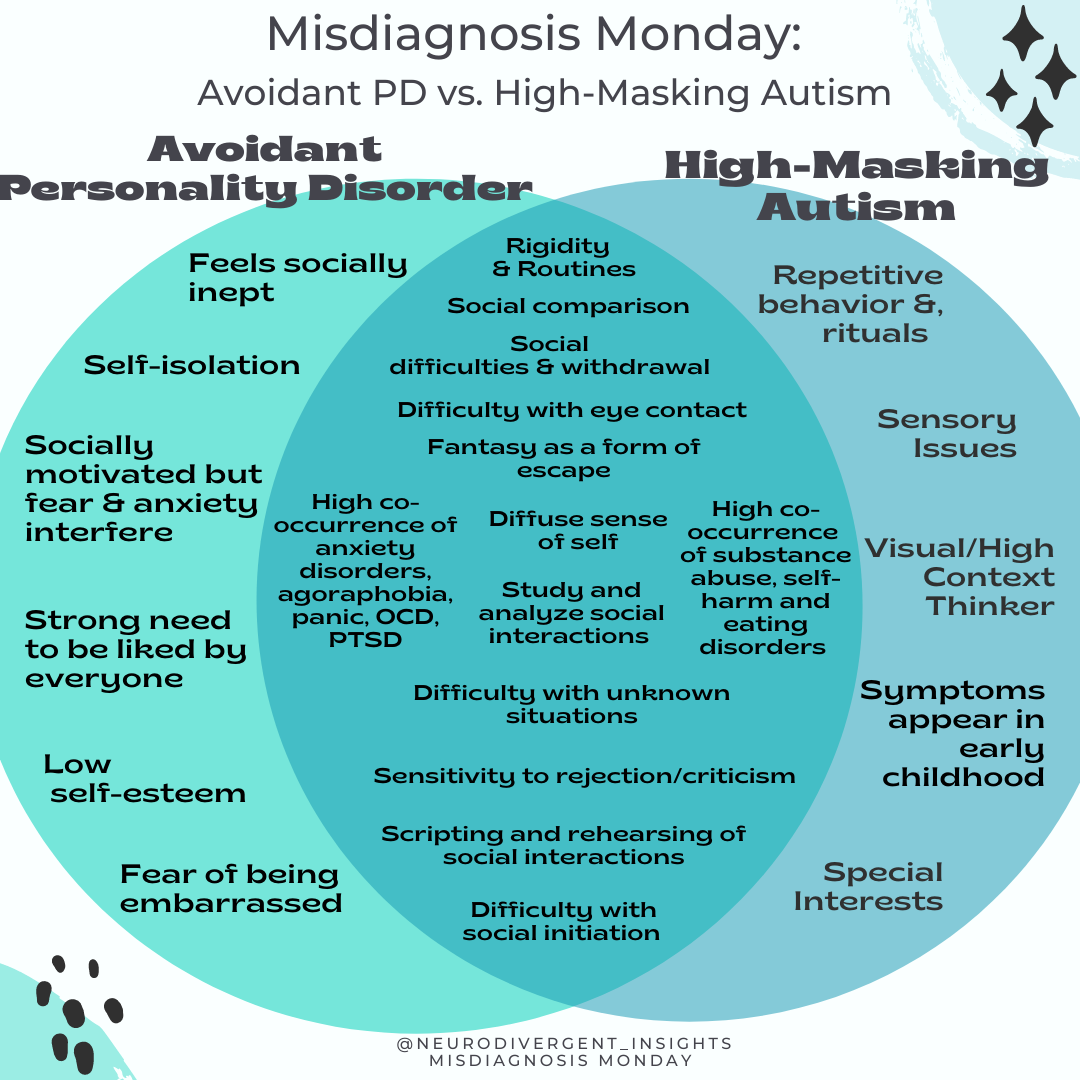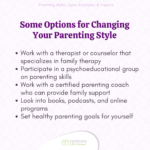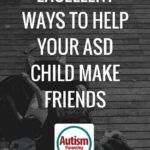Are you worried that your parenting style could potentially lead to autism in your child? Fear not, as the latest scientific research has debunked this age-old myth. In this comprehensive article, we delve into the fascinating world of autism, exploring its causes, and reassuring you that parenting styles do not play a role in its development. So, sit back, relax, and let us enlighten you with the scientific evidence that proves there is no link between your parenting choices and autism spectrum disorder (ASD) in your child.
Debunking the Myth: How Scientific Research Dispels the Misconception of Parenting Style Causing Autism

Debunking the Myth: In recent years, scientific research has diligently worked to dispel the misconception that parenting style is a contributing factor to the development of autism. This unfounded belief, often referred to as the “refrigerator mother” theory, has long caused unnecessary guilt and stress among parents of autistic children. However, numerous studies now confirm that autism spectrum disorder (ASD) is largely determined by genetic and environmental factors, rather than parenting styles or practices. By shedding light on the true causes of autism, experts hope to alleviate the stigma surrounding ASD and encourage greater understanding and support for affected families.
Understanding Autism Spectrum Disorder: The Role of Genetic and Environmental Factors, Not Parenting Styles

Diving deeper into Autism Spectrum Disorder (ASD), it’s essential to acknowledge the significant influence of genetic and environmental factors in its development, rather than attributing it to parenting styles. Research has consistently debunked the myth associating ASD with specific parenting approaches, emphasizing the role of inheritable traits and external aspects, such as prenatal exposure to certain chemicals. By prioritizing scientific evidence over misconceptions, we can foster a better understanding of ASD, promote acceptance, and devise effective support strategies to empower those on the spectrum and their families. Empowerment comes through comprehension, so let’s educate ourselves to create an inclusive society.
The Impact of Parenting Styles on Child Development: Why Autism is Not a Result of Poor Parenting

In recent years, misconceptions have arisen linking parenting styles to the development of autism in children. However, extensive research and scientific evidence debunk this myth by confirming that autism is a neurodevelopmental disorder primarily caused by genetic factors. While parenting styles do play a significant role in shaping a child’s behavior, emotional well-being, and cognitive development, they cannot cause or prevent autism. It is crucial to dispel these false notions and promote awareness that autism is not a result of poor parenting, but rather a complex condition with various factors involved. Understanding this distinction empowers parents to better support their autistic children in leading fulfilling and meaningful lives.
Building Awareness and Empathy: Dispelling the Stigma Surrounding Autism and Parenting Techniques

In our efforts to promote understanding and compassion, it’s crucial to dispel the stigma surrounding autism and parenting techniques. By educating ourselves and others about the complex nature of autism spectrum disorder (ASD), we can counteract misconceptions that blame parents for their child’s condition. Increased awareness will foster empathy and support for families affected by ASD, ensuring they receive the guidance and resources needed for effective care. Emphasizing the scientific consensus that parenting styles do not cause autism can help reduce judgment and encourage society to focus on embracing neurodiversity and providing understanding for individuals on the spectrum.
Supporting Parents of Children with Autism: Encouraging Evidence-Based Parenting Practices and Rejecting Harmful Stereotypes

In recent years, numerous studies have debunked the myth that parenting styles contribute to autism development. It’s crucial to support parents of children with autism by promoting evidence-based parenting practices and rejecting harmful stereotypes. By educating society about the scientific facts surrounding autism, we can create a more inclusive and understanding environment for both parents and their children. Encouraging research-based interventions and therapies can significantly improve the quality of life for individuals with autism and their families. Let’s work together to dispel misconceptions and validate the dedication and love that parents of children with autism exhibit every day.




